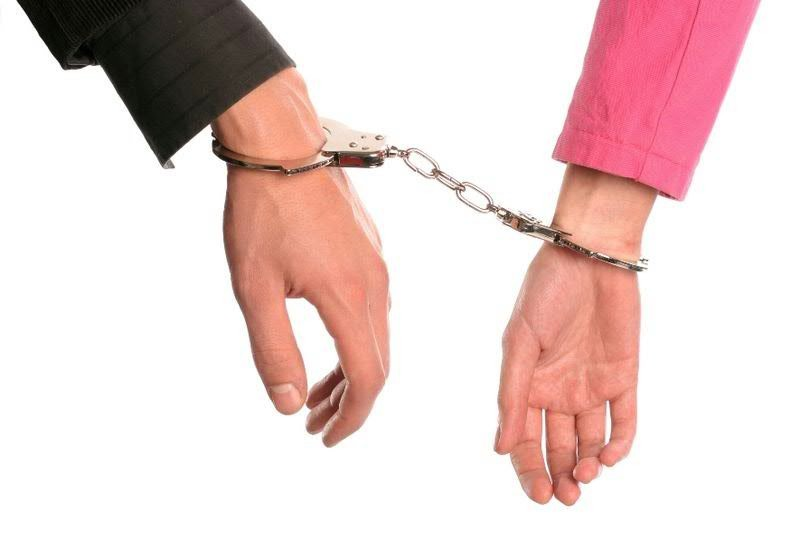People develop addictions to protect themselves from unbearable and painful feelings (anxiety, complexities, insecurities, etc. ). They avoid contact with themselves, with their suffering and discomfort, using addiction as a means of escape.
Addiction always creates harmful consequences, but they are often ignored, especially in the early days when the habit is created.
- When they realize they are addicted.
- They can try to take care of them or ask for help.
- Either for a family member or for a professional.
- Although there are also a lot of people who stay in the situation.
- Living under the illusion.
Love addicts, like addicts to any substance or habit, devote much of their time to the person they love, these people value love above themselves and their way of loving is obsessive.
This type of behavior of the drug addicts in love leads them to neglect therself in different ways, for example leaving aside important aspects of their life and well-being to stay connected with other things and values related to the loved one.
Love addiction is not only associated with sexual or romantic relationships, it is possible that a person with this behavioral tendency is addicted to loving their friends, children, godparents, leaders or religious figures, and even people they have never seen, like the cinema. stars.
The heart of an addict’s fantasy is the expectation that someone can solve their problems, have an unconditional positive look at him at all times and that he can take care of them, that is, addicts in love are also, or want to be, the center of attention. When real life does not meet this unreal need, the love of addicts becomes resentful and can create conflicts in their relationships with others.
Love addicts, when they have a relationship, get so involved that they are constantly neglected and forgotten.
People who become addicted to love are generally accustomed to abandoning their primary caregivers. Love-dependent adults are generally recognized for being children who do not meet their validation and love needs in relation to one or both parents.
This can significantly affect self-esteem in adulthood. It is the result of a fear of conscious abandonment and a subconscious and underlying fear of intimacy. For a love lover, the intensity of a relationship is often confused with intimacy.
As with any addiction, recovering from love addiction is a process of self-knownness. It requires specific measures: breaking denial and recognizing dependence; understand its harmful consequences and intervene to stop the vicious cycle.
Ultimately, addicts have to go through a grieving process to deal with the underlying emotional pain that is at the heart of the addiction from which they will be freed. One of the steps in this process, for example, is exploring childhood experiences that may have caused love addiction.
Unlike substance addiction (such as alcohol, cocaine or tobacco), addiction to love is particularly difficult because, in reality, addicts need love to function as healthy and happy human beings.
During recovery, it is important to emphasize that love is healthy, so be aware that they can meet your intimate connection needs without falling into obsessive behaviors.

